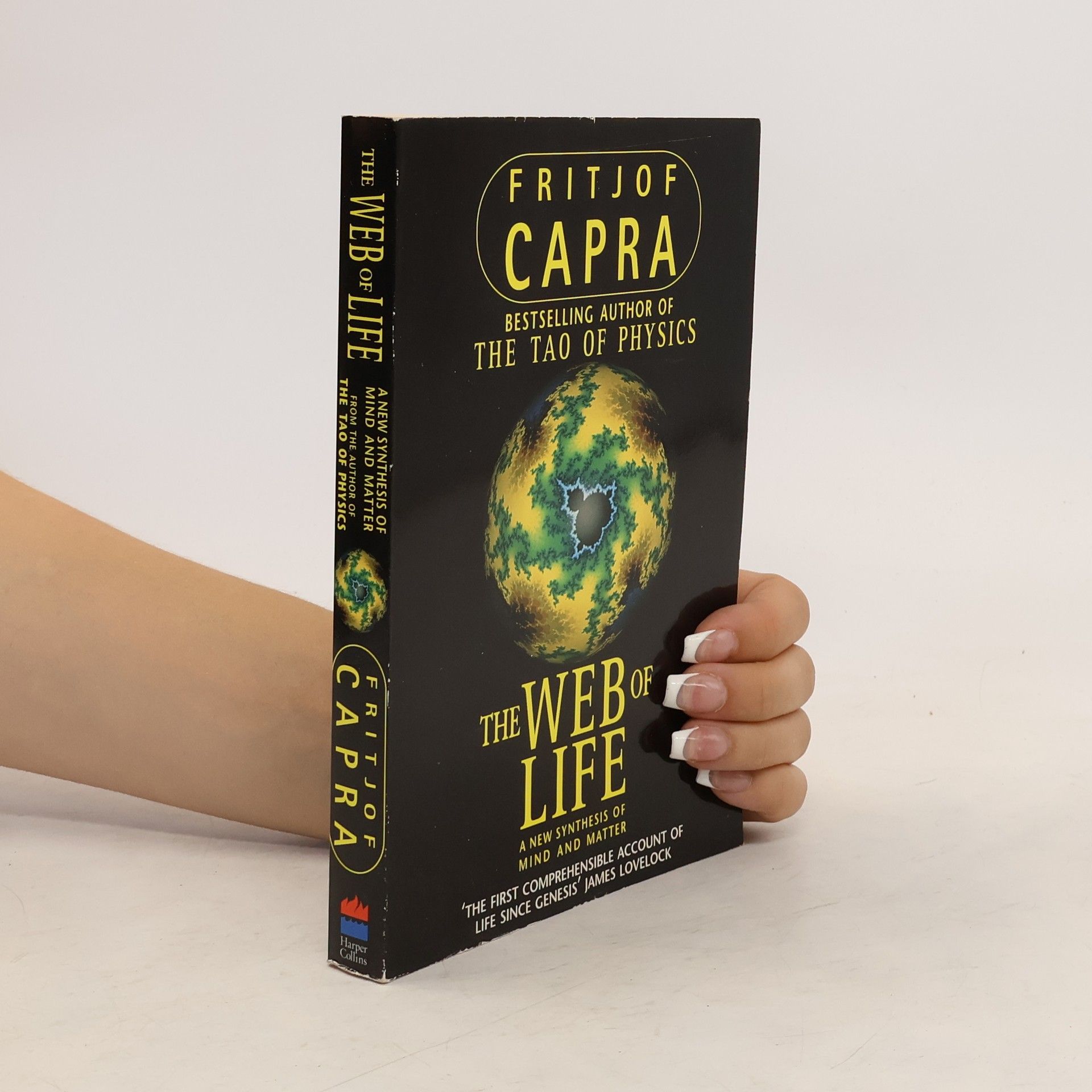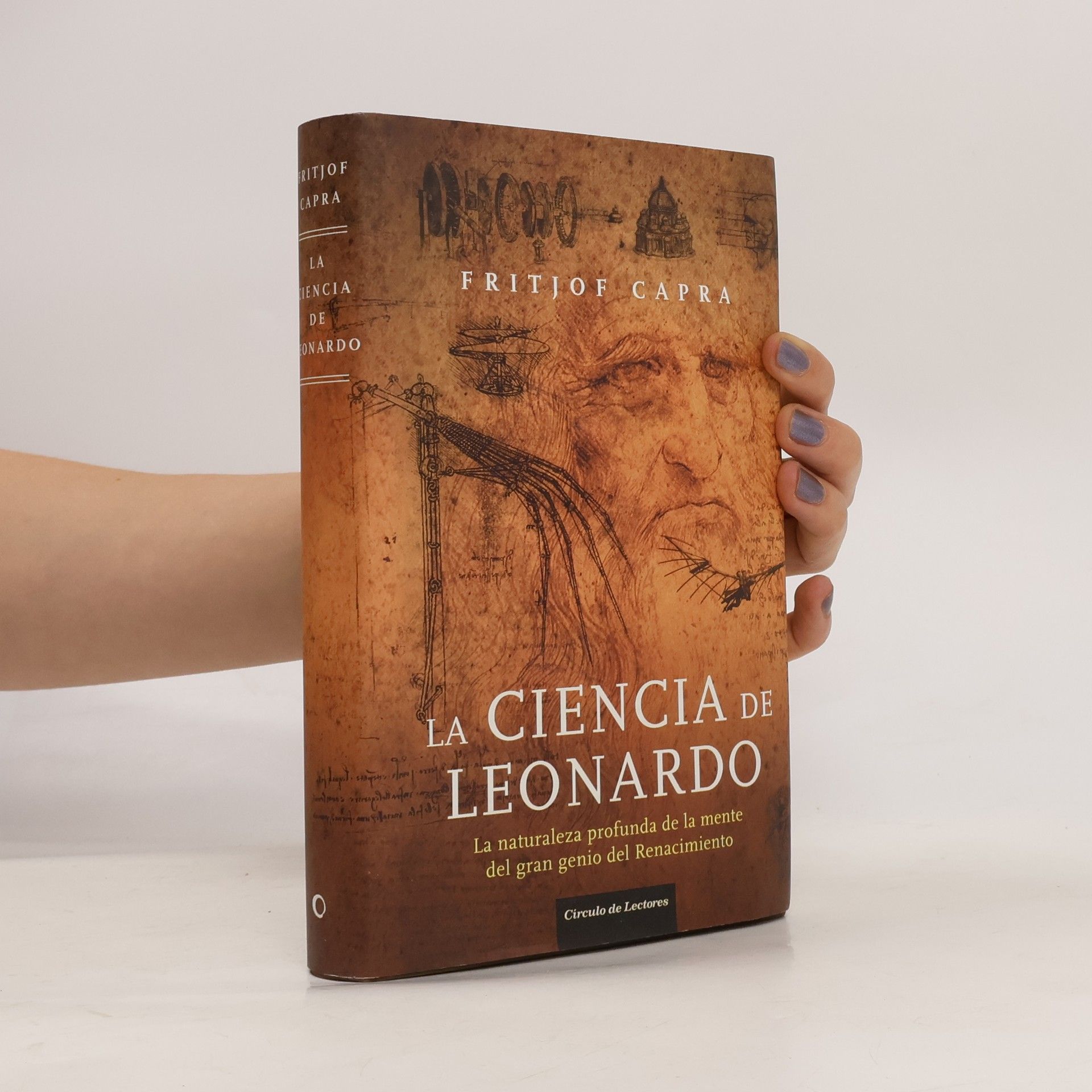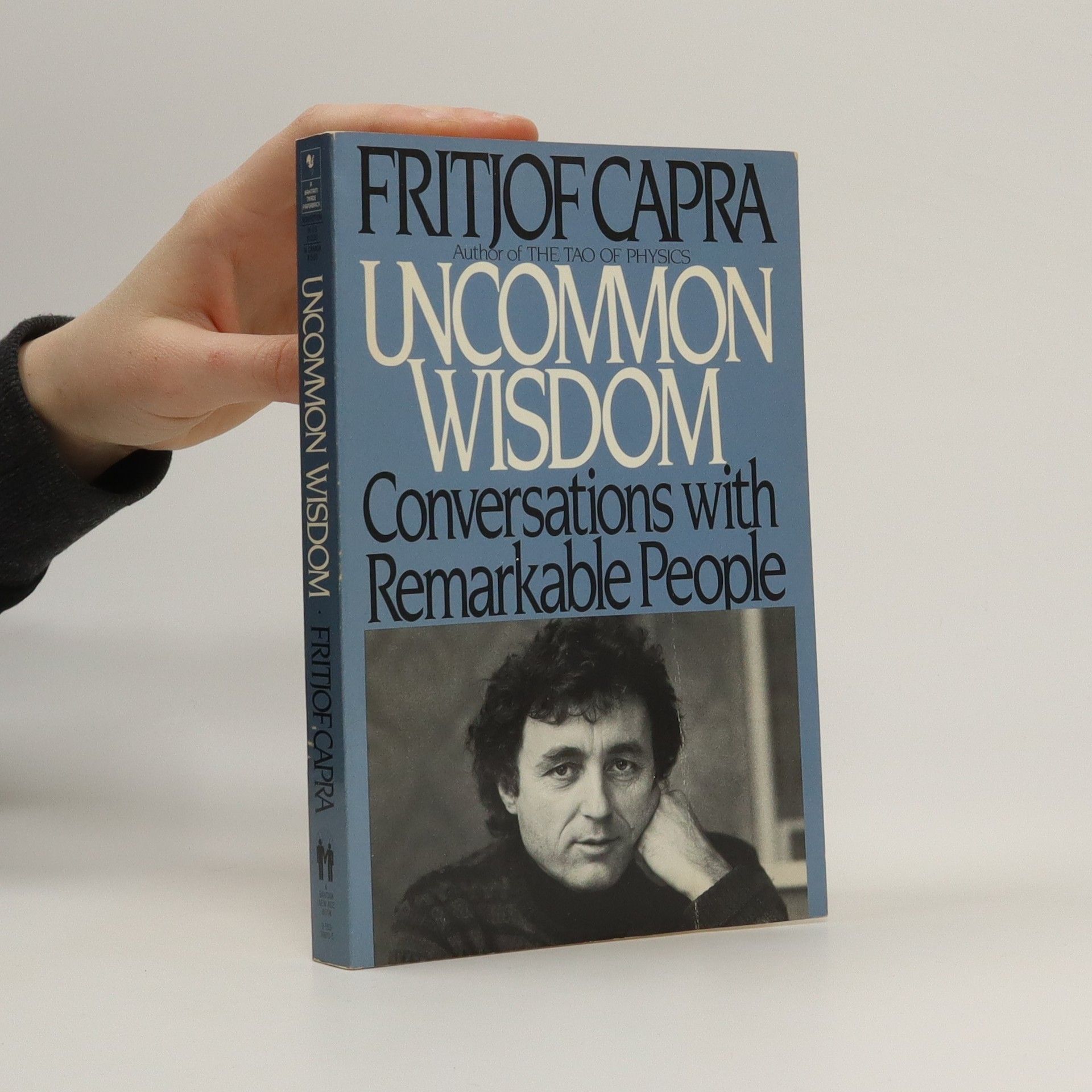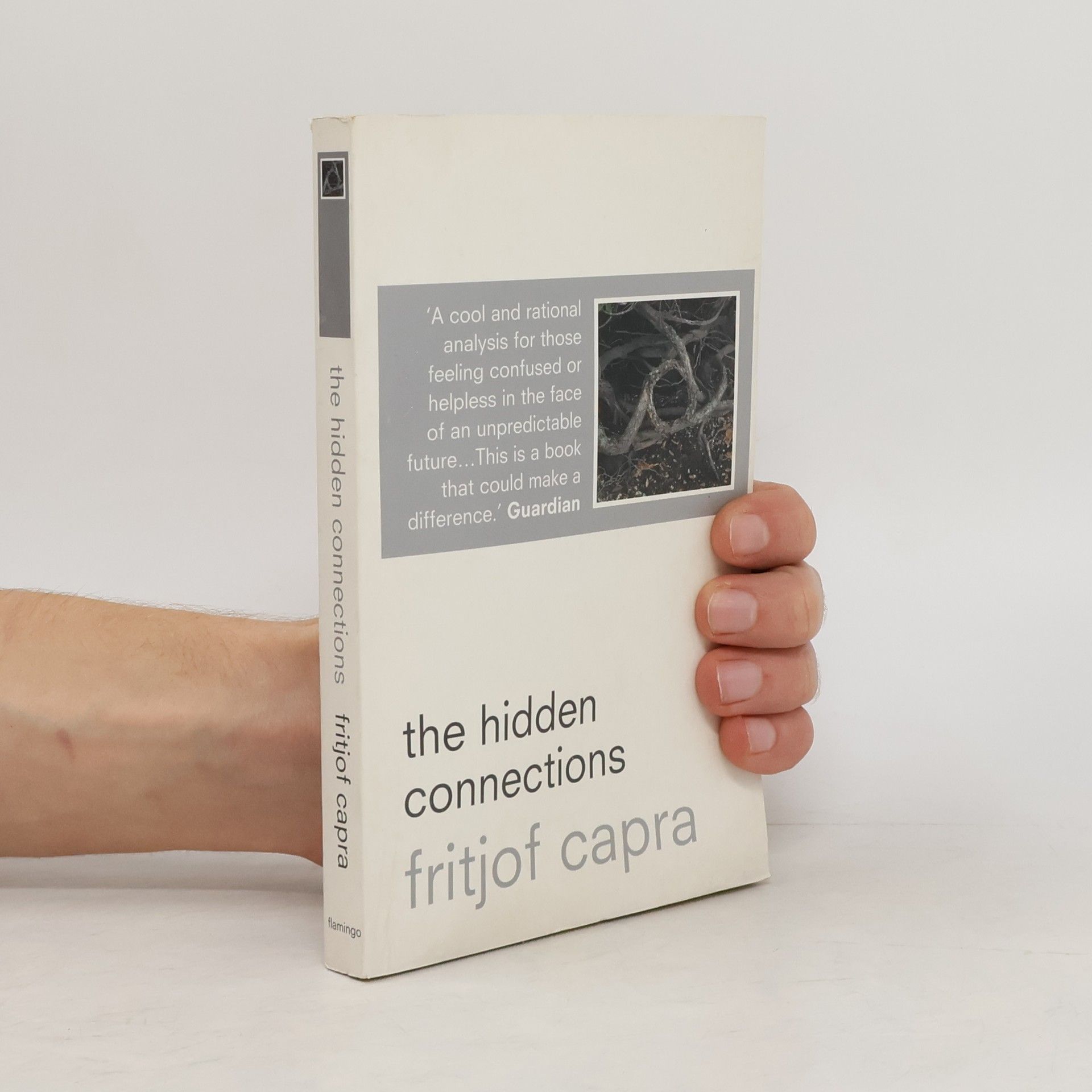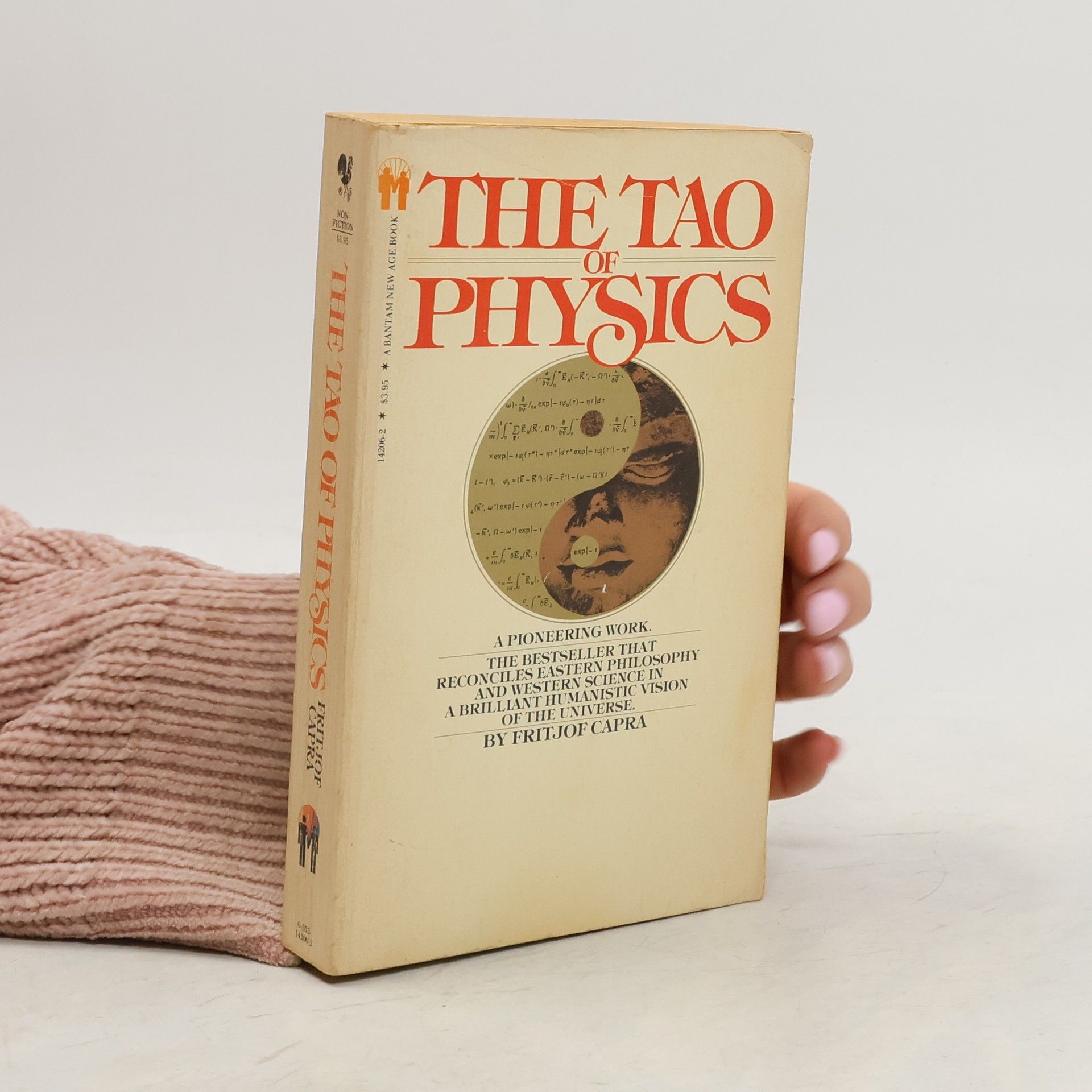La ciencia de Leonardo
La naturaleza profunda de la mente del gran genio del Renacimiento
- 398 páginas
- 14 horas de lectura
Convertido en una de las figuras más importantes de la humanidad y en el emblema del Renacimiento, la amplia y multidisciplinar obra de Leonardo da Vinci ha sido analizada desde casi todas las perspectivas y en una gran variedad de registros: desde el rigor y el escrúpulo científico hasta las mistificaciones de la literatura comercial y esotérica. Se han analizado a fondo sus pinturas, sus inventos mecánicos, sus dibujos, sus escritos... No obstante, durante años los intereses científicos de Leonardo fueron vistos como apuntes deslavazados, y a menudo incomprensibles, caóticos. Pero en realidad Leonardo se ocupó de forma continua de la ciencia, le dedicó dibujos elaborados, analizó sus hallazgos minuciosamente, en pos de un cuadro coherente y unificador de los fenómenos naturales. Esta riqueza estaba a la espera de un historiador que se dedicase a analizar como ha hecho Capra, el rico material legado. El resultado es "La ciencia de Leonardo", un libro donde la vida del gran pintor italiano se hilvana con sus preocupaciones científicas y que oculta una sorpresa para la evaluación final: los descubrimientos científicos de Da Vinci no sólo se integran armoniosamente con el resto de su actividad artística e imaginativa, sino que prefiguran el método científico y esbozan dos alternativas a los callejones sin salida del mecanicismo: la ecología y el organicismo.



